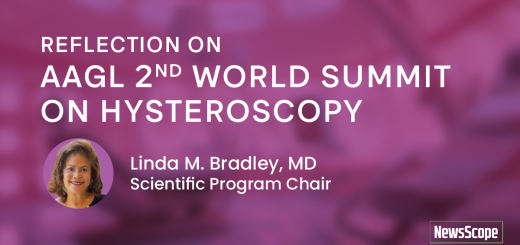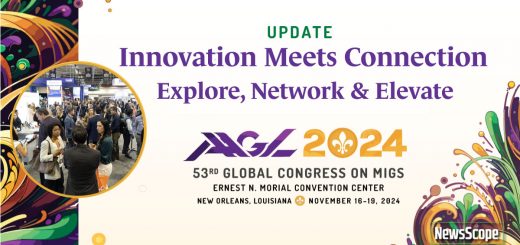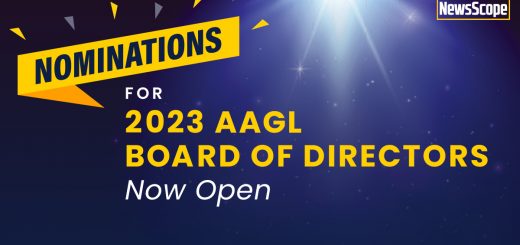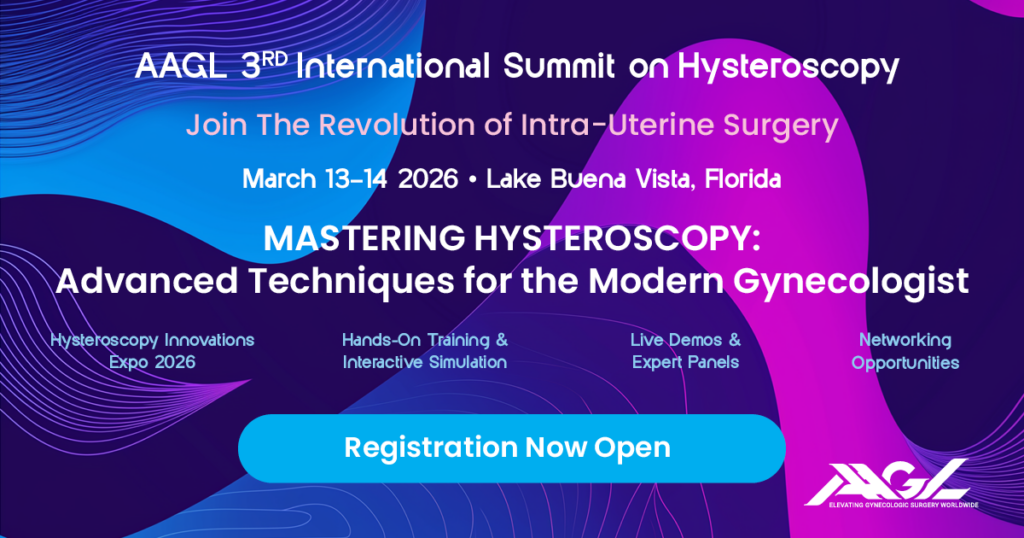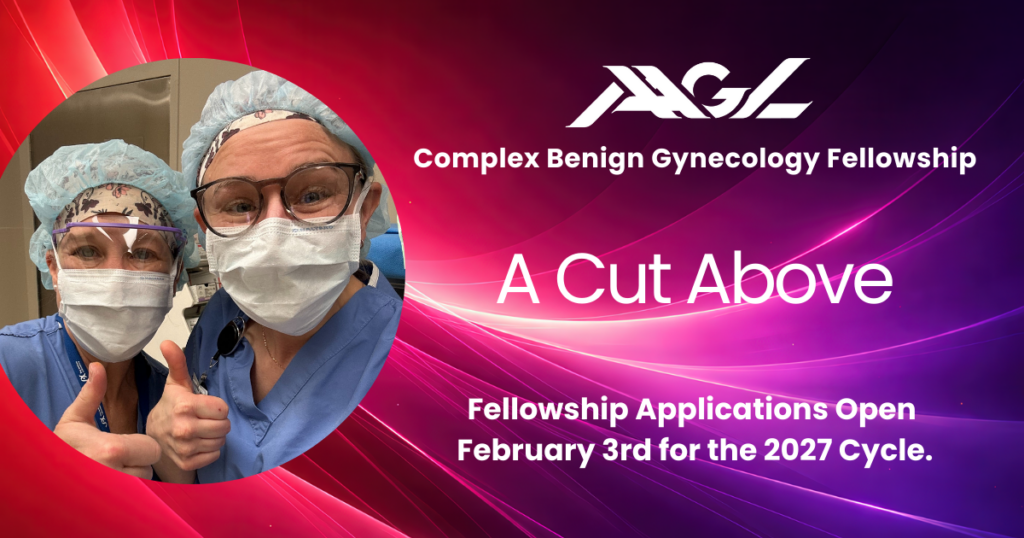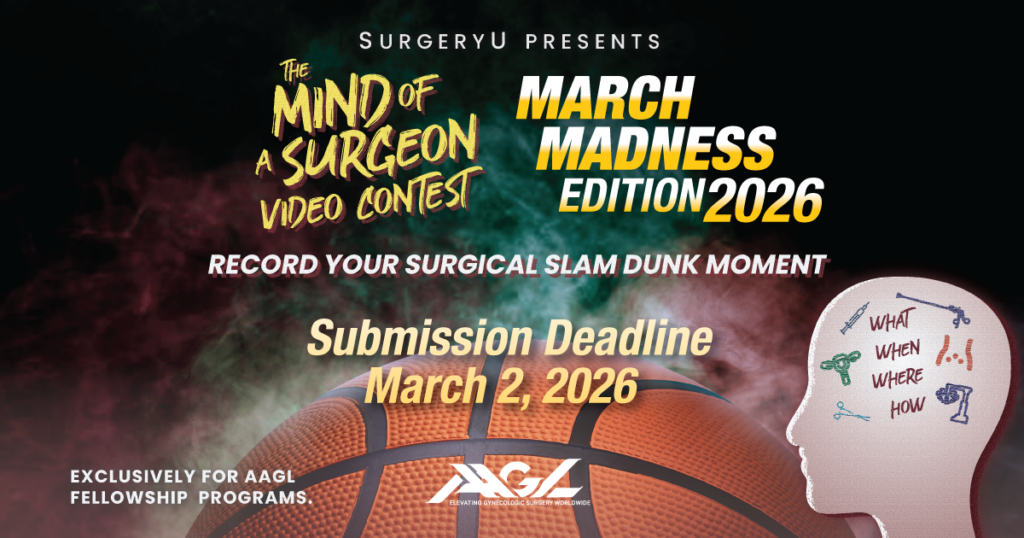Charting New Frontiers: Artificial Intelligence in Medicine at the AAGL 2025 Global Congress
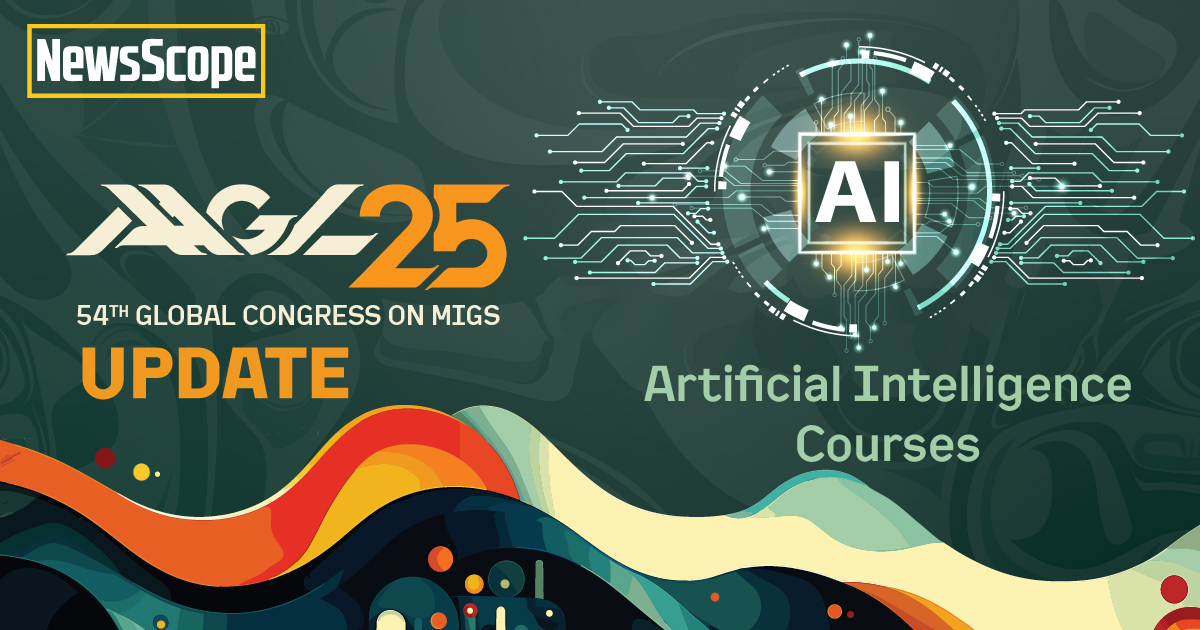
How AI is Reshaping Surgery and Redefining the Limits of Medical Progress
The rapid rise of artificial intelligence in medicine marks a new era of possibility—a “non plus ultra” moment, when the boundary between the conceivable and the achievable is not just blurred, but reimagined. This November, the AAGL Global Congress brings this revolution to Vancouver, transforming the city into a crucible of innovation, discourse, and daring inquiry.
In 2025, the courses devoted to artificial intelligence in medicine at the Congress promise to showcase the latest advancements and applications of machine learning, deep learning, and data-driven insights in clinical care. “Progress is born from the refusal to accept that today’s frontier is tomorrow’s limit,” a quote that reflects a pioneering spirit that animates AAGL and this year’s sessions.
The Non Plus Ultra of Medical Innovation
The Latin phrase “non plus ultra”—literally, ‘nothing further beyond’—once marked the edge of the known world. In medicine today, however, the inscription is less of a warning and more of an invitation. Artificial intelligence is not only remapping the boundaries of surgical precision and diagnostic accuracy—it is inviting clinicians and researchers to push further, to imagine a world where the impossible becomes inevitable.
AI’s Transformative Power in Surgery
Nowhere is the impact of artificial intelligence more keenly felt than in the operating room. Algorithms that learn from vast troves of surgical data can predict complications, tailor procedures to the unique physiology of each patient, and provide real-time guidance that borders on the prescient. AI-assisted imaging, smart robotics, and predictive analytics are no longer speculative—they are becoming the surgical instruments of tomorrow.
An Invitation to the Future
The AAGL Global Congress in Vancouver is not simply an academic gathering; it is an invitation to witness and participate in a revolution. The courses on artificial intelligence in medicine this year are designed for clinicians, researchers, and innovators who refuse to be content with the status quo. They are for those captivated by the idea that medicine’s greatest frontiers are still ahead.
We will present 13 postgraduate courses covering various aspects of gynecologic surgery and how AI can assist with surgical planning, improve the surgery process, and reduce the risk of complications. I am confident everyone will find something useful for their daily practice. I am particularly looking forward to the course on pelvic pain by Dr. Adrian Balica and Dr. Nucelio Lemos, the course on pelvic neuroanatomy and female sexuality by Dr. Mauricio Abrao and his team, and what promises to be a very interesting session on public speaking and effective communication by Dr. Jose Carugno and his group.
The Med Talk, which is very close to my heart and will open the Congress, will be presented by my son, Jack Hibner. Jack is a double major in math and physics at Barrett College of Arizona State University, and he will explain what artificial intelligence is and why, in recent years, we’ve seen such a surge in AI applications in medicine and daily life.
Let this year’s Global Congress be a testament to progress, a celebration of the non plus ultra spirit, and a rallying cry for all who believe that artificial intelligence is not just a tool, but a companion on medicine’s endless journey forward.

